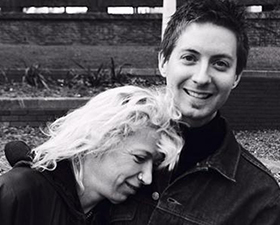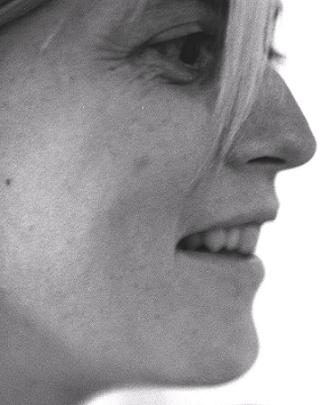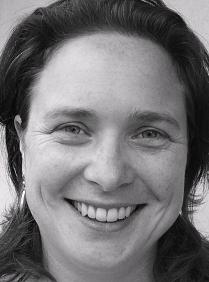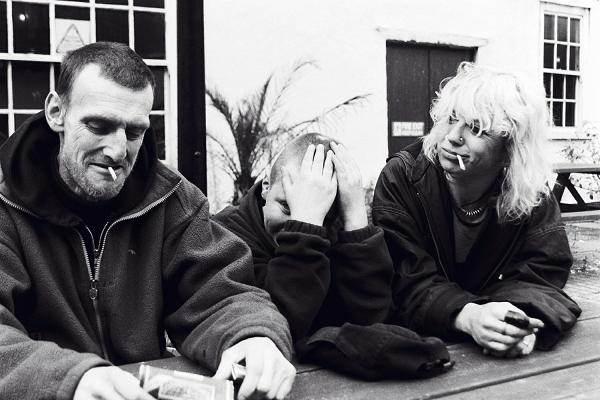Following the premier in Amsterdam at the Shadow Film Festival (2005), festival director Stefan Mayakovsky sat down with director ian thomas ash for an in-depth discussion of “the ballad”.
stefan – It’s a pretty amazing film, certainly from the point of view of taking risks. The first thing I want to ask is whether your position in the film was something you decided before you started work on the film.
ian – When we started the film, in our minds it was a ten minute portrait about Vicki. We were just doing sound recordings which is why the whole beginning of the film is interviews with photos. We were going to lay those sound recordings about how Vicki was getting her life back together and had gotten the house under footage of Jake’s birthday party. And that didn’t happen. We had eight hours of footage from that day and brought it to our executive producer and editor, and they both said that the relationship that I had with Vicki was the story. So it very much happened by accident. Maybe it’s rare for a documentary, but our editor was watching the footage as it was coming in and was advising us along with our executive producer as we were filming. It was filmed over nine months but in many ways, the story that you see on the screen came to be in post-production.
stefan – There is an amazing dynamic between you and the people. At moments it’s like we have the most experienced documentary filmmaker of all times and at other times just a normal person. Is that just spontaneous? Do you just have an awareness of things at times and at other times not?
ian – We weren’t taking risks in an educated way. I don’t think we knew what we were doing. Whenever I look like I know what I am doing it is just because I’m doing whatever feels natural.
stefan – The scene where you go and get the boyfriend and Vicki is ill upstairs, a normal person might have just given up. But it’s almost like you’re a seasoned journalist.
ian – At that point my goal was to get Paul to come out or for us to go in. It’s not clear in the film, but that is the day that we interviewed Sister Annaliese, and I was very upset and not at all unbiased. And I wanted the film to end. I did. So I had gone there to confront Vicki. We got sidetracked and met Sean with the bicycles and Vicki asked me to sing, but the fight at the end of the film had been building up inside of me all day.
stefan – At film school, we are taught to be aware of distance with our subjects.
ian – I was aware of my complete lack of objectivity. After the fight I wrote Vicki a letter and said that it felt like she was my girlfriend and that we had just broken up. That’s not something that a documentary film director would typically say or feel, I should think. After the fight you see me call our technical advisor and ask what we should do. He tells us not to go back, so of course we do. Our executive producer and him were like night and day about what we should be doing and in the end the cameraman, Ken, and I just had to do what felt right.
audience member – Did you film more of Jake, at school for example, and then leave it out?
ian – We had a discussion about not making the film any more political than it already was by interviewing their social worker or going to Jake’s school. I would rather the audience bring the political context to the film themselves, because it was never about the politics for us. It has always been about our relationship.
audience member – You have left in many “glitches” which makes the film very complex.
ian – I think that editing in particular is extremely manipulative. That’s why we left in the jump cuts. We wanted to show where we were cutting what somebody was saying. And we left parts in where I am making mistakes and judging them because that’s what is fair.
audience member – Are you going to make more films like this?
ian – It does take a lot out of you. Yet if I’m not going to put my heart into it, I’m probably not going to be any good at it. People ask why I don’t make nice films about bunnies and kitties. I think those would be easier to make and also to watch. Yet I can’t do that. This is the only way that I know how to do it.
used with permission ©2005 Shadow Fest






